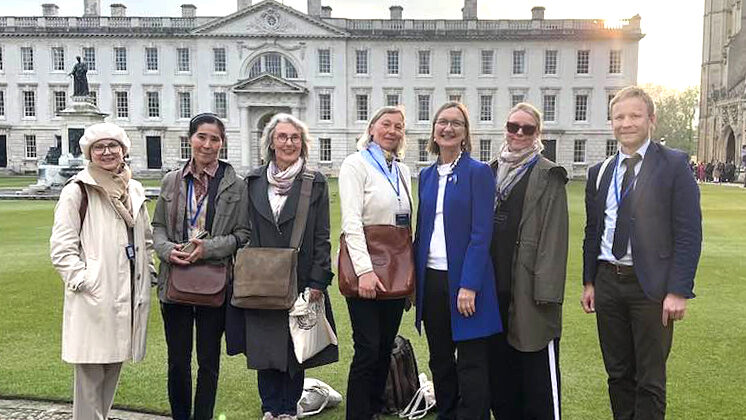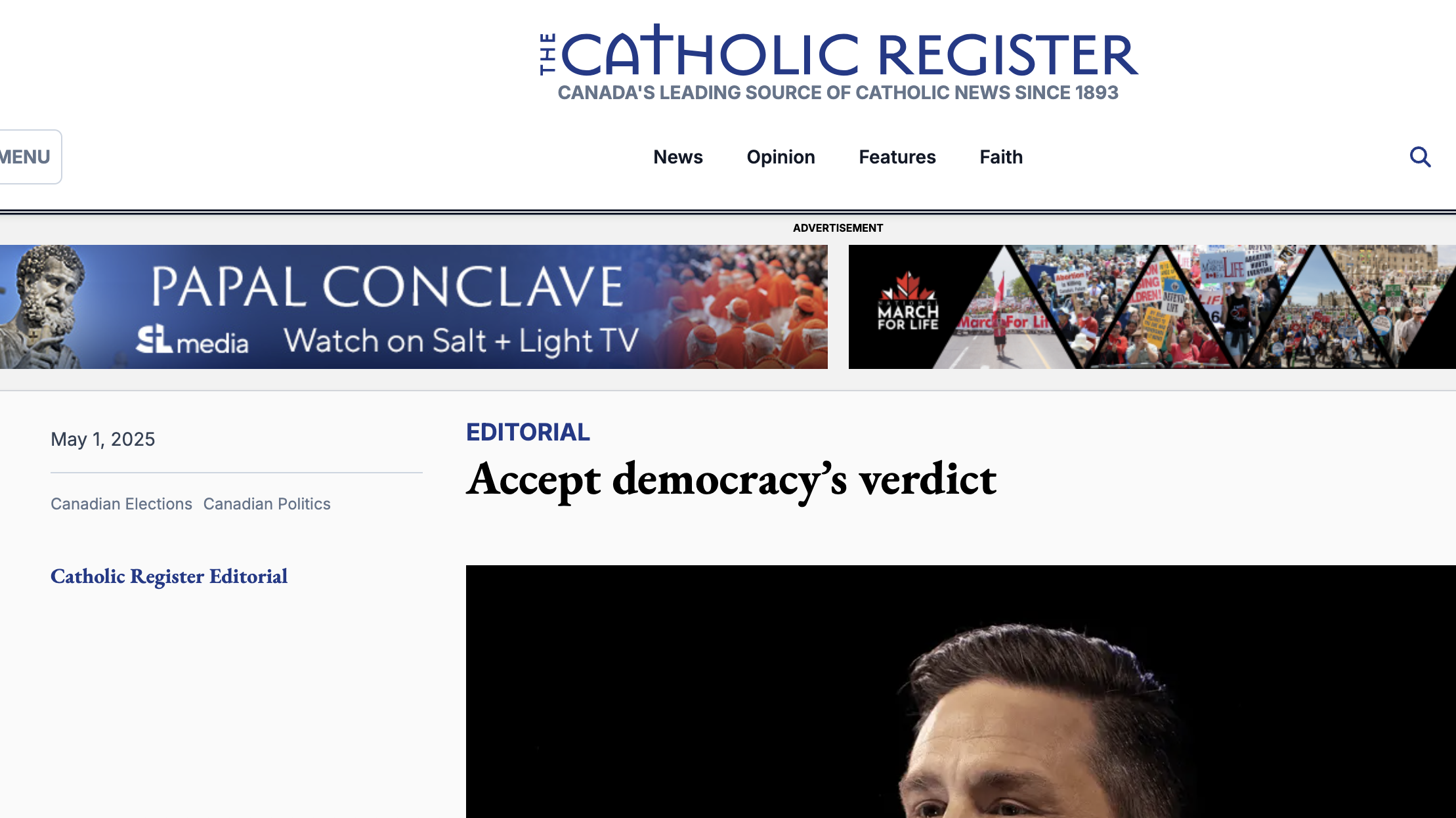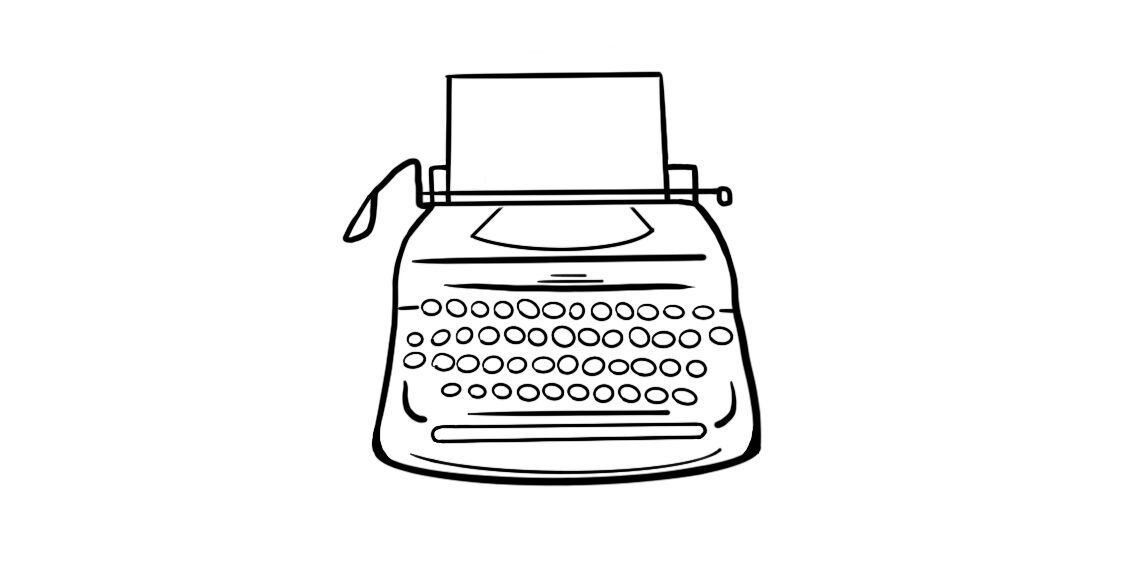The timing of the announcement and visit come just as alliance cohesion, which has been threatened by the U.S. President’s ongoing rhetoric and actions, has faced increasing doubts.
Vladimir Putin’s primary foreign policy goal over the past decade has been one of breaking apart both NATO and the European Union, with the ultimate objective of reconstituting the former Soviet Union from their ashes. Putin has publicly stated his desire to reverse what he has stated was the greatest geopolitical disaster of the 20th century: the breakup of the Soviet Union.
Vladimir Putin’s actions leave little to doubt about his true aims. In 2007, his regime threatened to destabilize Estonia by sponsoring ethnic riots. In 2008, Russian troops invaded and continue to occupy two provinces of Georgia. The 2014 illegal annexation of Crimea and ongoing war in Eastern Ukraine have all been undertaken to reestablish Russia’s Soviet era hegemony. There is no sign or reason to believe that Putin has any intent to alter his regime’s trajectory.
As such, its difficult to guess what Putin could offer the U.S. President at the Helsinki meeting in return for U.S. concessions.
Speculation about U.S. acceptance of Kremlin claims on Crimea and the Donbas region of Ukraine are rampant. A reduction in U.S. forces in Europe, or an end to joint military exercises may also be on offer — as they were on the Korean peninsula.
Any such deal to weaken the U.S. presence in Europe would reinforce the emerging notion of Helsinki as a modern day “Yalta” — where in the aftermath of the Second World War, allied leaders betrayed Central and Eastern European nations by placing them under the repressive control of Josef Stalin.
The risk to Canada and our allies, is that the accelerating global instability caused by the ongoing decay of America’s moral leadership and the rhetoric of its President are threatening to undermine alliances that have underpinned the global stability which we’ve enjoyed for over half a century.
Justin Trudeau’s visit to Latvia could not be a more stark and welcome contrast to the U.S. administration’s present course. His visit offers hope for the continuity of stable transatlantic relations and the cohesion of the collective defence that protects us and our allies, like Latvia. Most importantly, the visit sends a clear message to our allies, and to Putin, that Canada will not back down from defending the values that we and our allies traditionally stand for: freedom, democracy and the rule of law.
Canada’s leadership in NATO’s Operation Reassurance in Latvia is clear evidence of our commitment to countering Kremlin attempts to undermine solidarity and the sovereignty of nations within our collective defence alliance.
However, Canada must do more in order to help fill the gaping void that the retreat of U.S. leadership is leaving. We can begin by extending and expanding our leadership of NATO Operation Reassurance in Latvia and the Baltic Sea region.
Canada currently does not have full diplomatic representation in either Estonia or Lithuania, which hasn’t gone unnoticed by our closest allies. Retiring U.S. Ambassador to Estonia, Melville says that “Estonia and the Baltic area would benefit from greater Canadian diplomatic presence in the region.”
By fully implementing and expanding Canadian Magnitsky human rights sanctions we can further demonstrate Canada’s moral leadership. Exploring a strategy to expand Canada’s LNG (liquefied natural gas) markets to Europe will also help secure and stabilize European energy supplies, reducing reliance on corrupt Russian suppliers.
If there was ever a moment that the world needed Canada, it is now. Let us continue to meet the challenge of this clarion call and ensure that we continue to stand on guard with our allies on NATO’s frontier with Russia.
Marcus Kolga, Toronto
Original article here: Canada must fill in the gaping void in moral leadership the U.S. is creating




